watch: we barely stay awake trying this #sleephack, but not for the reasons you might think
contrary to what some tiktokers say, the deep snooze you have been craving won't happen by simply rubbing the back of your ear.
watch: we tried #firecider, a drink made from onions, garlic and vinegar
while the ingredients are healthy, there’s little research on whether this spicy concoction —which has a drama-filled history — 'boosts' the immune system.
watch: we make ridiculous faces for the #faceyoga trend
not only is there a lack of data on the anti-aging benefits of #faceyoga, but some skin care professionals warn that it might actually cause more wrinkles.
 3 minute read
3 minute read








